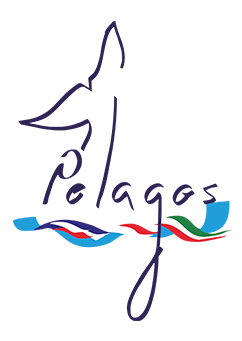Whales and dolphins are protected by the current French, Italian, and Monégasque laws enacted in 1995 (Arrêté of July 27, 1995), 1980 (Ministerial Decree of May 21, 1980), and 1993 (Sovereign Order No. 10.779 of January 29, 1993), respectively, which prohibit their capture and/or killing.
In France, a ban on intentional disturbance of marine mammals was also introduced in July 2011 (Arrêté of July 1, 2011). As of July 2021 (Arrêté of July 7, 2021), this decree prohibits intentional approach to these species within 100 meters in French Mediterranean waters.
In order to support compliance with the current regulations, Pelagos and ACCOBAMS Agreements have established a code of good conduct for cetacean observation aimed at respecting marine mammals in their habitats.
Here below are the main provisions of the code of good conduct:
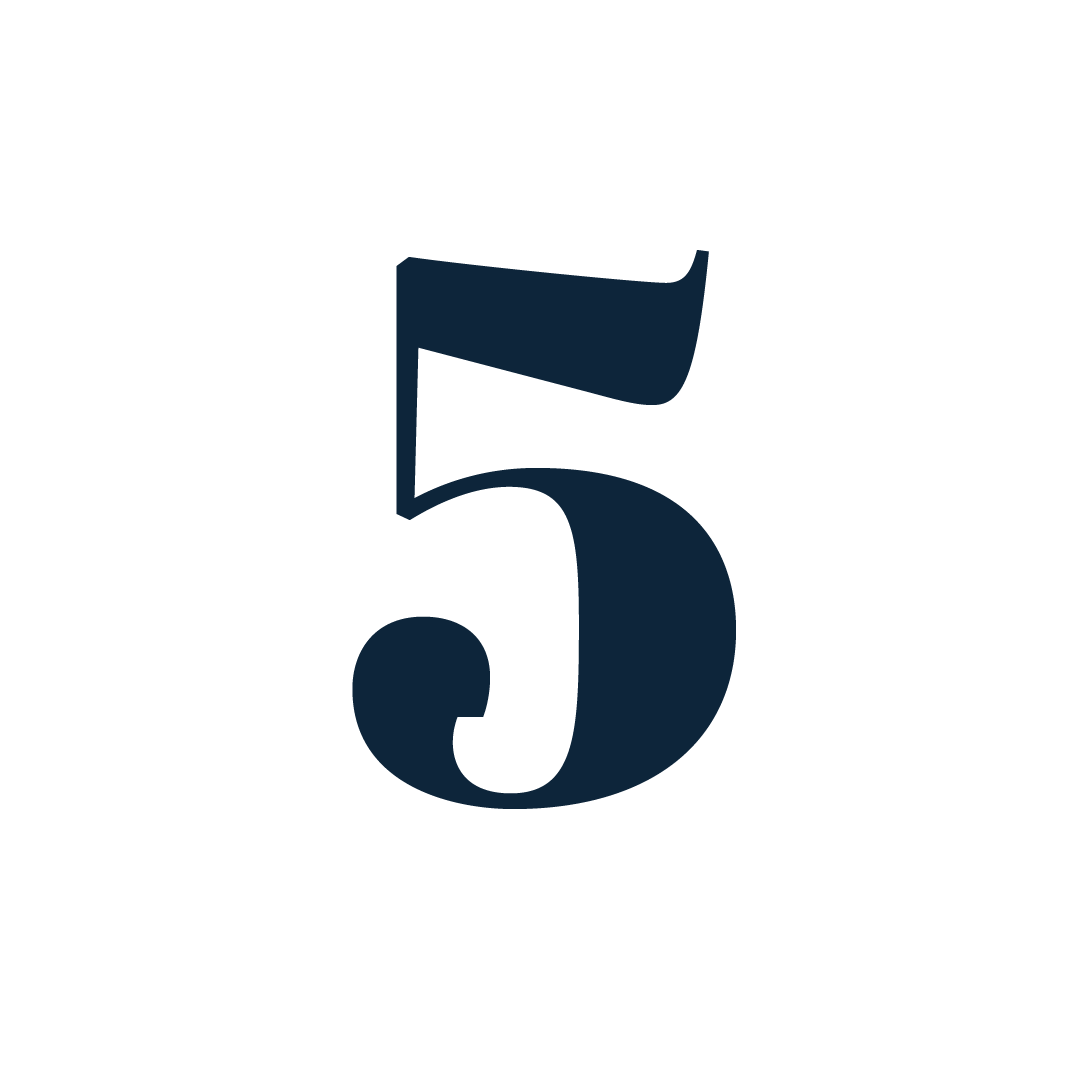
Avoid observation within 5 nautical miles from the coast.
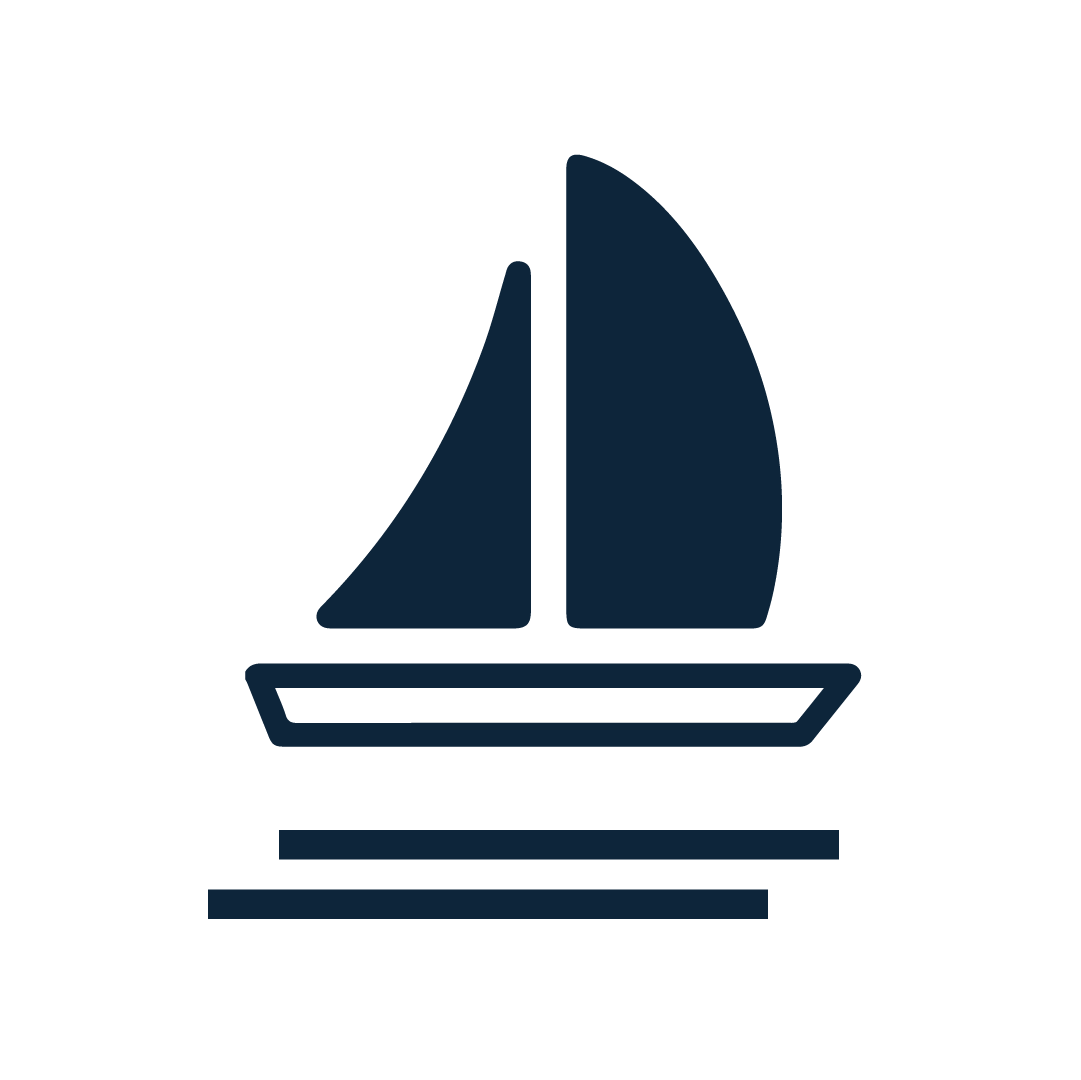
Orient the vessel parallel to the animals.
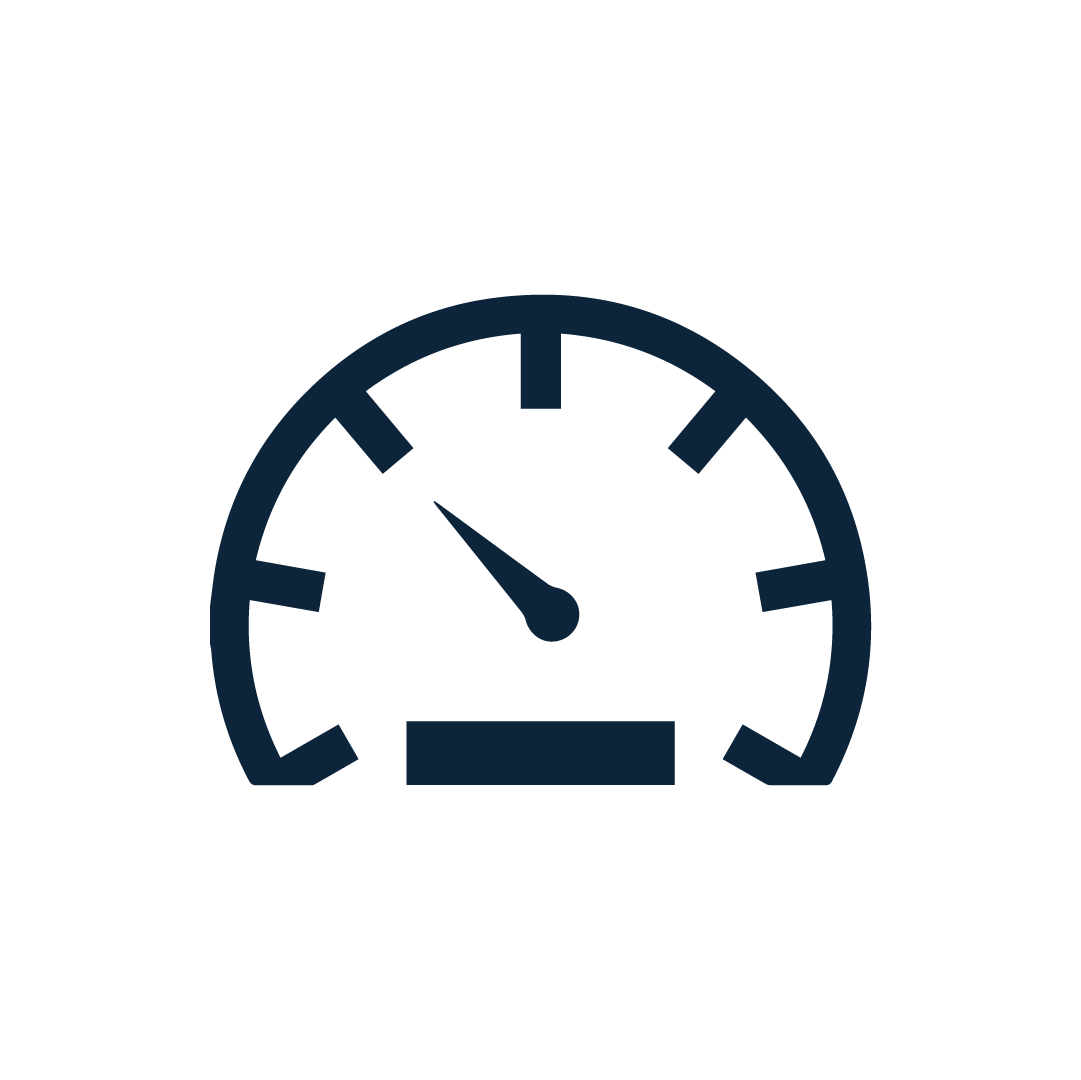
Limit the vessel’s speed to 5 knots and avoid sudden changes in speed and/or direction.
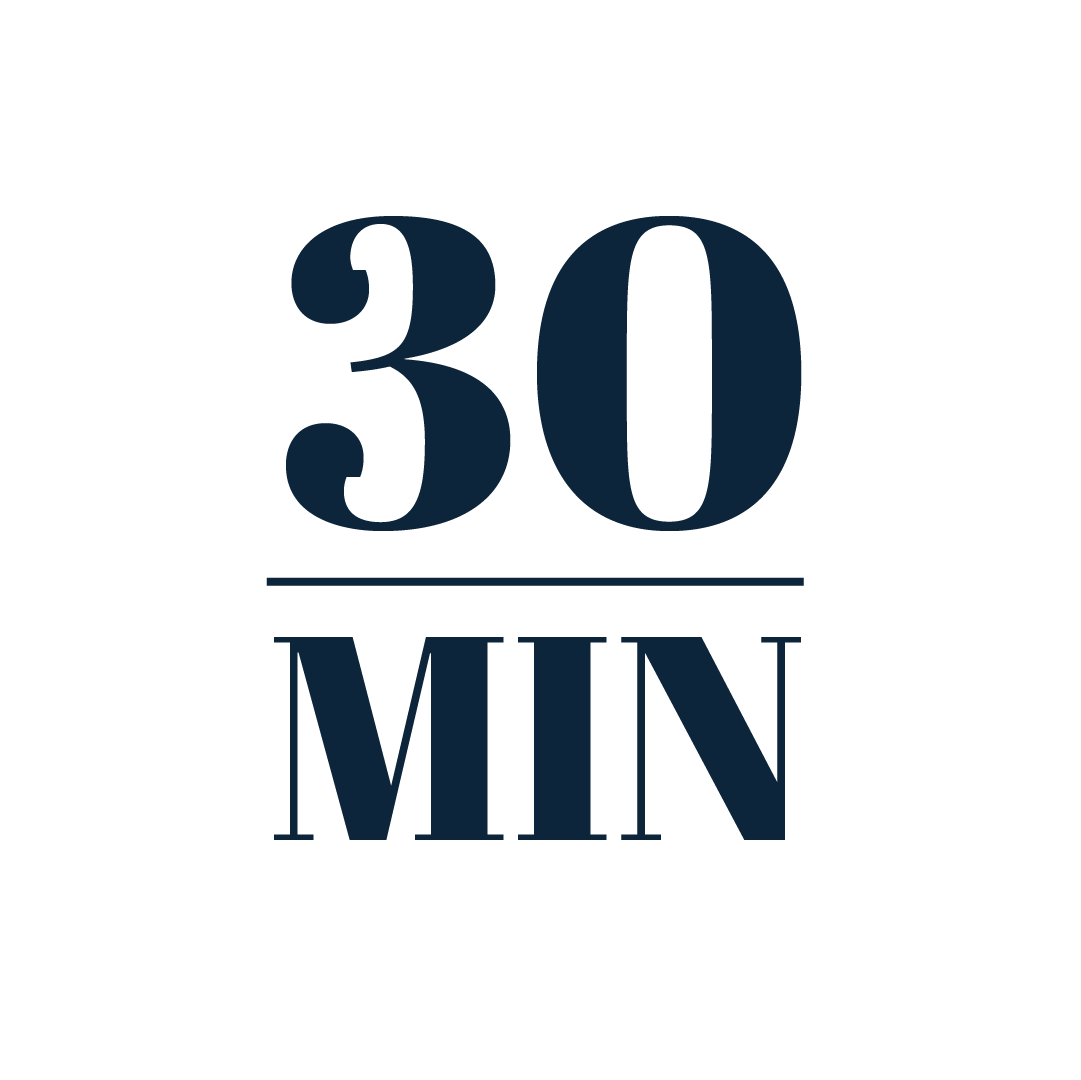
Limit the observation activity to a maximum of 30 minutes.

Place only one vessel at a time in the monitoring area.
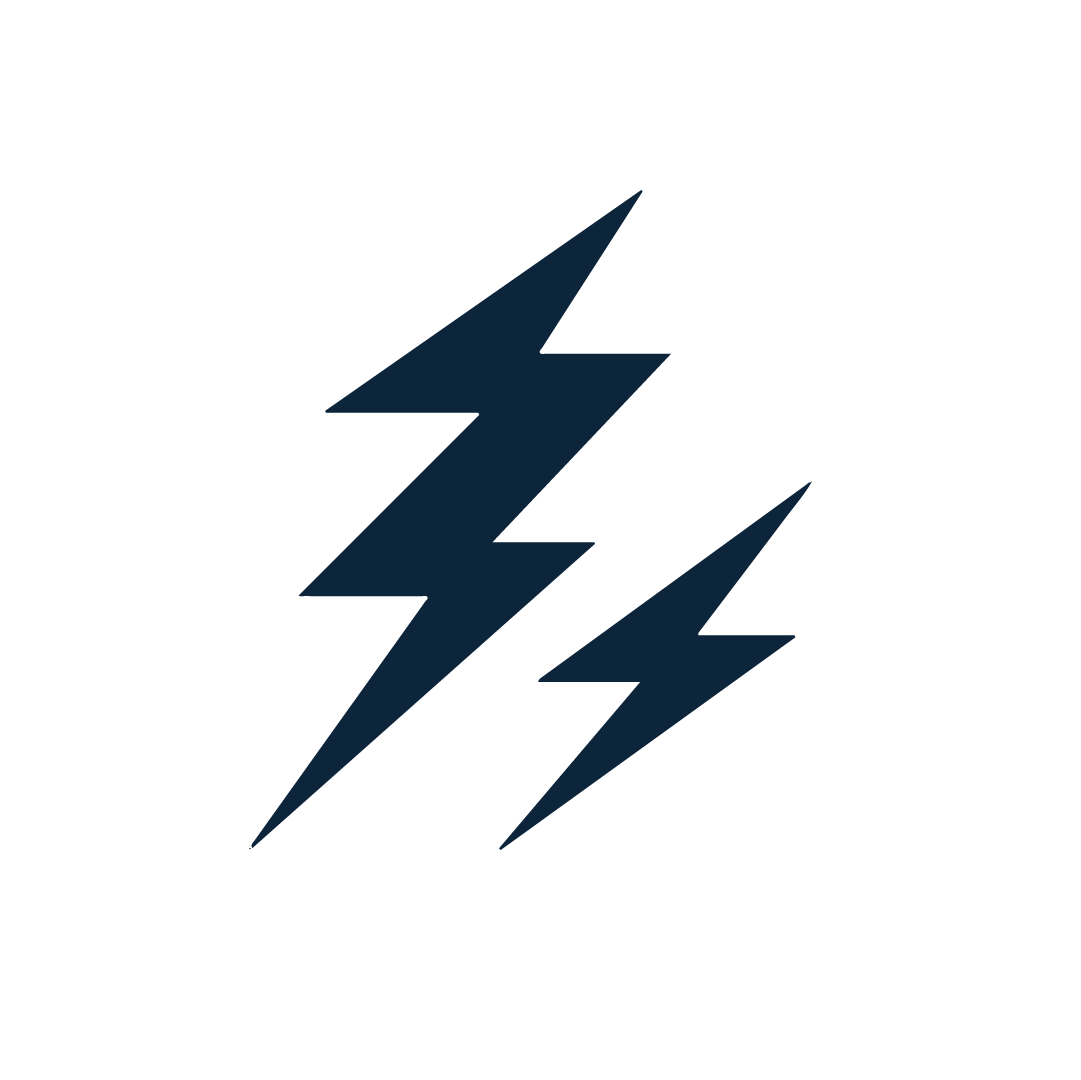
Immediately cease observation in the presence of stressed animals.
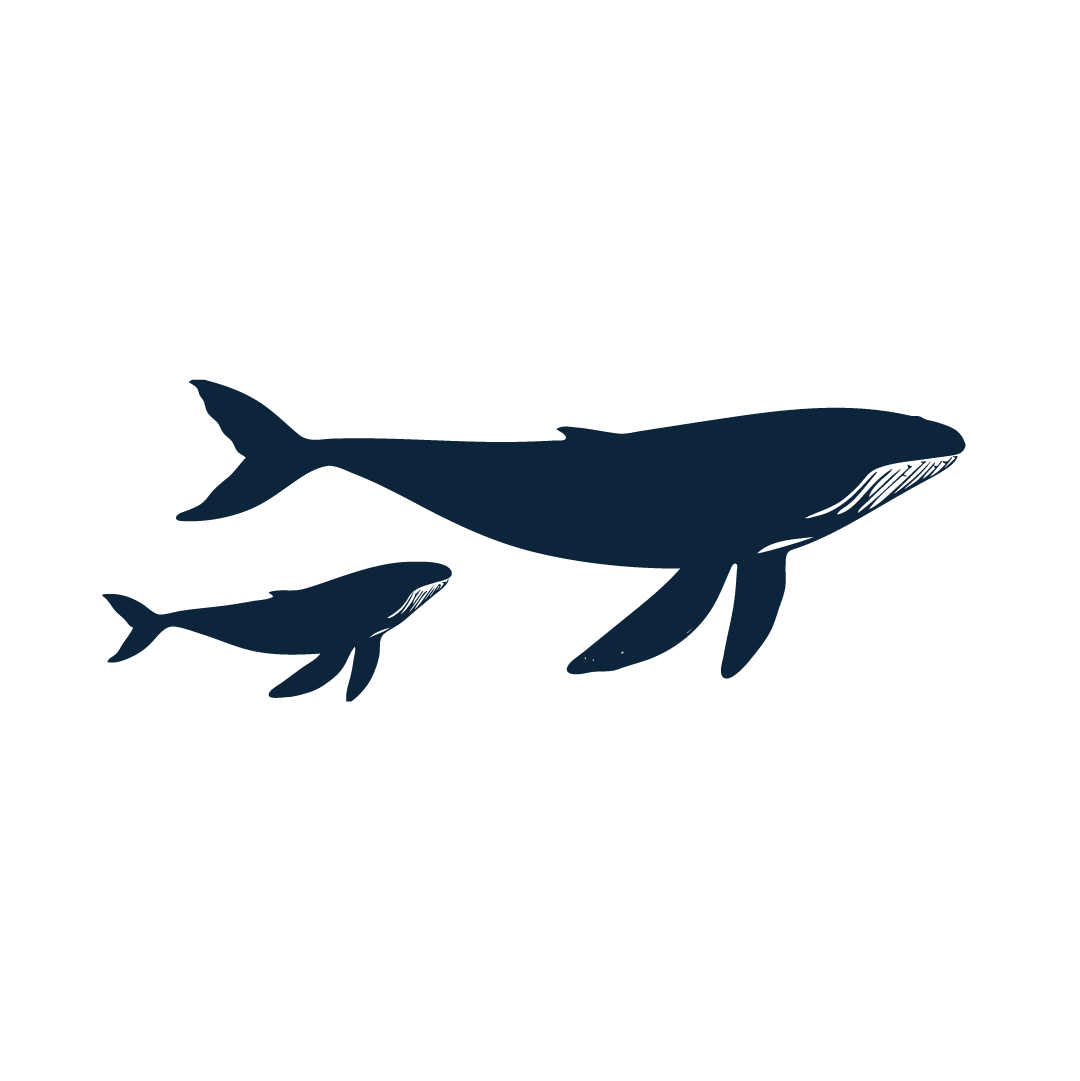
Increase caution in the presence of newborns.
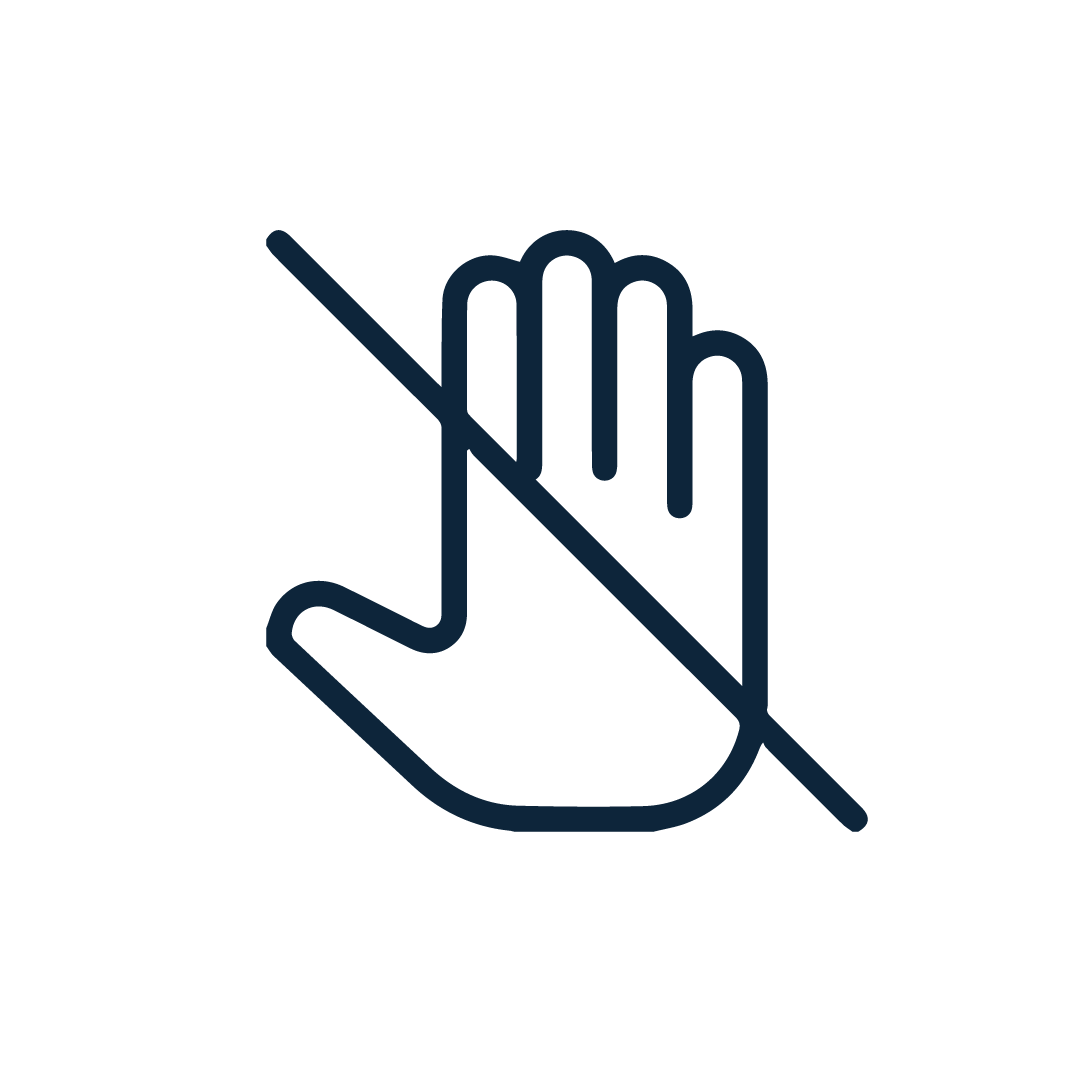
Do not touch, swim with, or feed marine mammals.
THE HQWW® LABEL
Complying with this code of good conduct is part of a voluntary approach and is the foundation of the “High Quality Whale Watching®” label, intended for whale-watching operators who wish to conduct their activities sustainably and in an environmentally respectful manner.
With the understanding that unregulated observation activities can severely harm marine mammals, ACCOBAMS and Pelagos Agreement jointly registered the “High Quality Whale-Watching®” label in 2009, establishing a coordinated and voluntary management tool to ensure the sustainability of these activities while respecting the peace of marine mammals.
Within the Pelagos Agreement, the Contracting Parties adopt through Resolution 4.5 the creation of a quality label for whale-watching activities on the occasion of the Fourth Meeting of the Parties (Monaco, October 19-21, 2009).
The label has its own logo and rules governing its use, including a Code of Conduct.
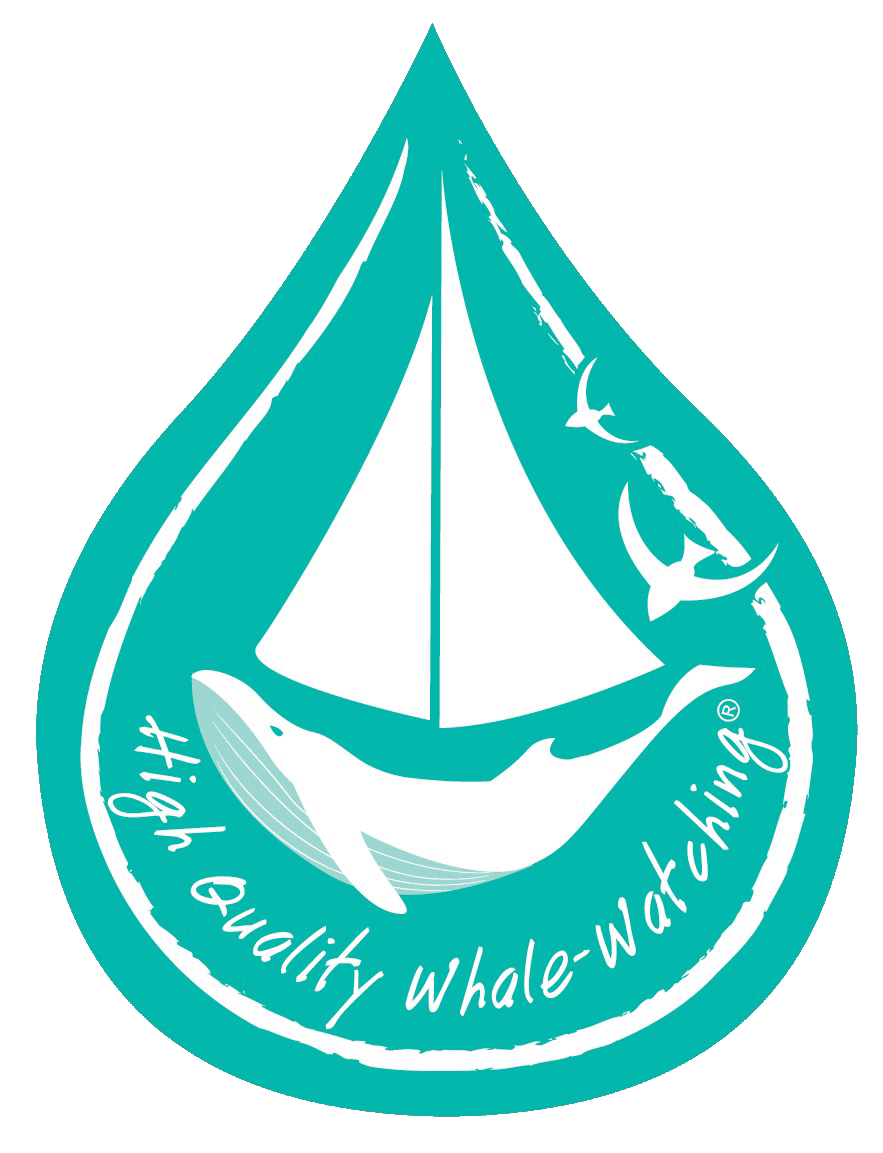
Any whale-watching operator can apply for the “High Quality Whale Watching®” certification from the national authority responsible for issuing it.
In Italy, CIMA Research Foundation received the mandate to manage and issue the “High Quality Whale Watching®” label as part of the EcoSTRIM project, funded by the European Interreg Maritime Program.
In France, the MIRACETI association manages and issues the label to French and Monégasque operators.
To obtain the certification, the operator must undergo a 3-day training program aimed at:
- adding value to the boat tours of interested operators;
- promoting quality service and an ecological approach;
- minimizing the impact of the activity on cetaceans and contributing to their protection;
- ensuring a sustainable future for commercial marine mammal observation.
Photos credits :
© Patrice Garzila
© N. Pierantonio
© L. Lodigiani – Tethys
